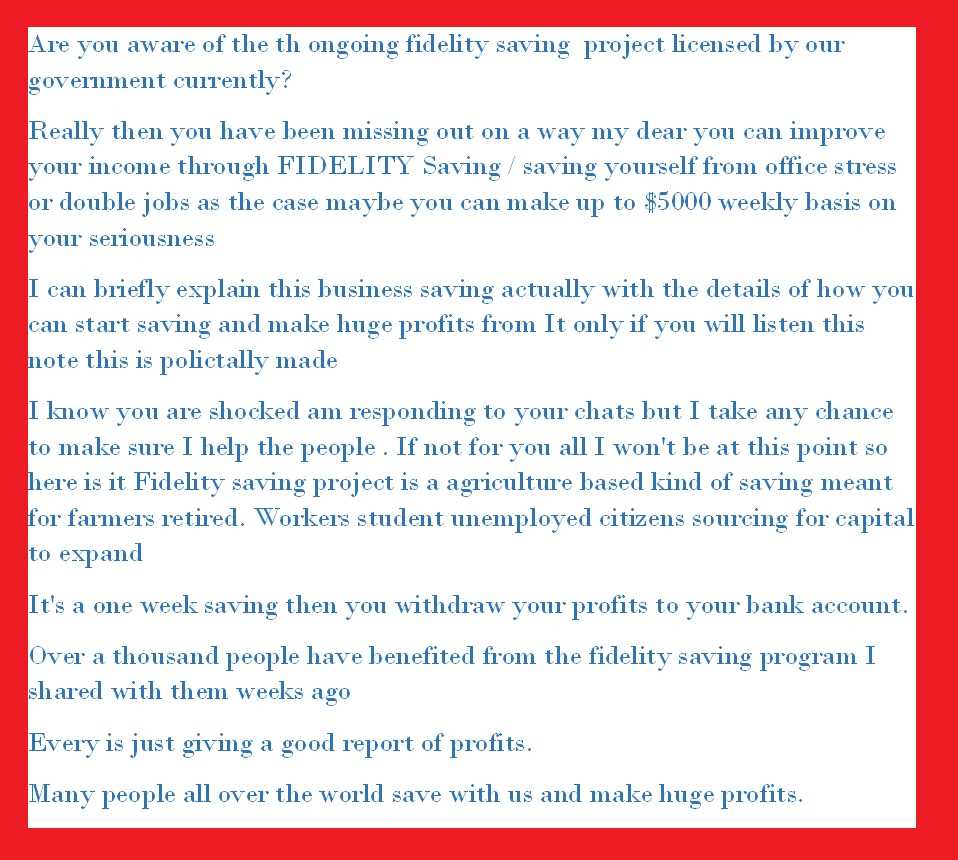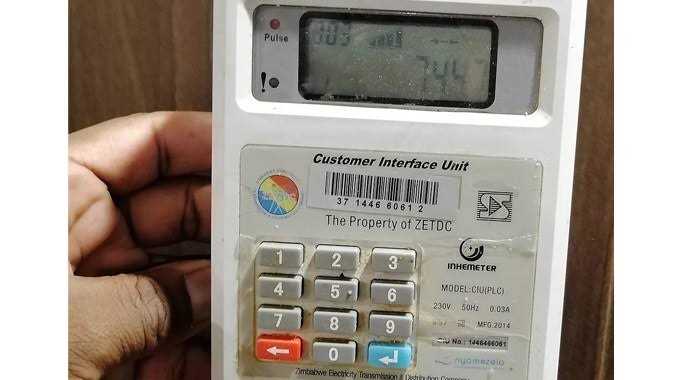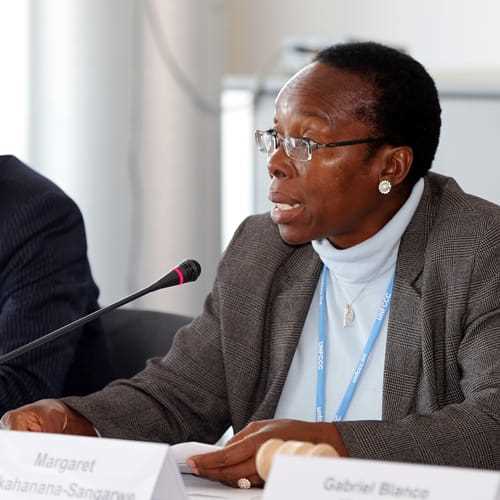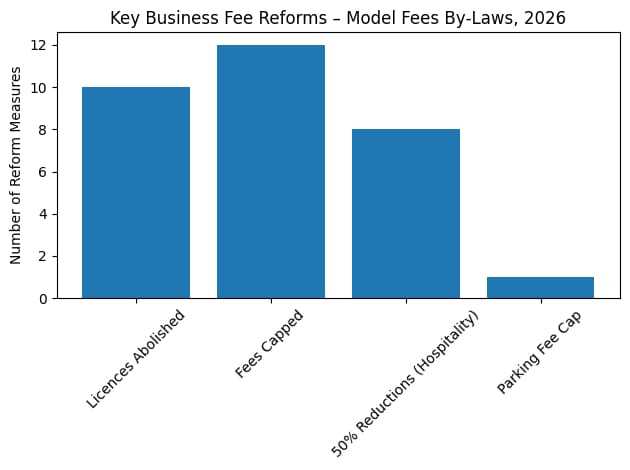
Zim Now Reporters
Scammers have cloned government ministers’ Facebook accounts inviting people to join an apparently lucrative government backed investment forum with weekly profit pay outs of over US$30 000
Among the ministers with cloned accounts are ICT Minister Tatenda Mavetera, Mines Minister Winston Chitando and Sports Minister Kirsty Coventry. Senator Sengezo Tshabangu and Ambassador Christopher Mutsvangwa are also among those with cloned accounts.
“Are you aware of the ongoing fidelity saving project licensed by our government currently? Then you have been missing out on a way my dear you can improve your income through FIDELITY Saving / saving yourself from office stress or double jobs as the case maybe you can make up to $5000 weekly basis on your seriousness?” is one variation of the approach that the scammers are taking.
The explanation is that money is being invested in buying diamonds, emeralds and other precious minerals at a great discount and the profit comes when they are sold at market value.
On affirming interest the scammers then offer very lucrative deals where one can invest a minimum of US$100 and expect to earn US$2100 in 7 days.
One is then directed to an online link https://Glamourfxpro.com, which is in reality a currency trading platform. You are asked to send a screenshot after registering.
The scam comes in that you are inadvertently registered to trade without intending to do so and you can lose all your investment. Meanwhile, the trader gets up to 20% commission of all your trades. So they have tricked you into paying them.
A source within the Parliament of Zimbabwe confirmed that the matter of cloned accounts had come under scrutiny after Speaker Jacob Mudenda’s handle was cloned.

Fact checking media organisation Zim Fact recently exposed another government linked online scam. While users are not being asked to pay any money, they are instead directed to other sites.
“A series of sponsored adverts circulating on Facebook claim the “Zimbabwe Ministry of Education” is offering free online courses which upon completion one will receive, diplomas, jobs/recommendations and scholarships…. The ‘learn-more’ or ‘apply now’ tabs on the adverts do not lead to more detail about the online courses being offered by the ‘ministry of education’ as claimed but they loop to other webpages that offer online courses. The adverts use the prospect of getting free laptops, diplomas, jobs and scholarships to bait readers into registering interest in the online courses,” said Zim Fact in a publication.
Other government linked scams include portals ostensibly offering driver’s license updates and e-passport applications. Information.
The scammers demand payment for free services or seek to get login credentials into bank accounts or emails and social media handles.
In another scam, “struggling farmers” are being invited to register with government to access grants supposedly being issued in collaboration with the World Bank, International Monetary Fund, and the World Food Programme.
Related Stories
The Agriculture Ministry has denied any such programme and cautioned the public against falling victim.
The Department of the Registrar General experienced similar exposure where there was a fake website (www.makombeoffcial.org) circulating a social media message purporting to provide the general public at home and abroad, a facility to apply for all registry documents such as Birth Certificates, National Registration Cards and Passports online.
“The website appears so authentic and interactive that it can easily deceive even a discerning eye.”
In February 2024, there was a Facebook account operating as the Department of Small and Medium Enterprises Development-Zimbabwe posted a notice calling on entrepreneurs seeking financial support to apply for grants through its department.
The ministry issued a statement on its social media platforms warning the public to be wary of being scammed, “The Ministry of Women Affairs, Community, Small and Medium Enterprises Development has dismissed the above claim as false, attributing it to criminal elements who were running a fake Facebook page.”
How to verify social media accounts
Find out who is posting on the platform.
* If it purports to be a ministry page, find out if it is the official account. It is usually linked to that particular ministry’s website or other social media platforms.
Check when the handle was created. New handles are a a red flag.
* Inspect the timeline to investigate whether the user has a track record of posting factual and reliable information. Try to understand the context within which a post was made.
* Verify date & time stamp. Check out the followers.
* Find out if the page was setup as a parody account to share jokes.
* Find out what other pages or media platforms say about the issues raised in the post. Lookout for obvious errors in the post.
* In some cases, one can get a clue in the comments section. Check if the URL in the post works.



















Leave Comments